Bill Gates talks to us about AI, disinformation and climate change
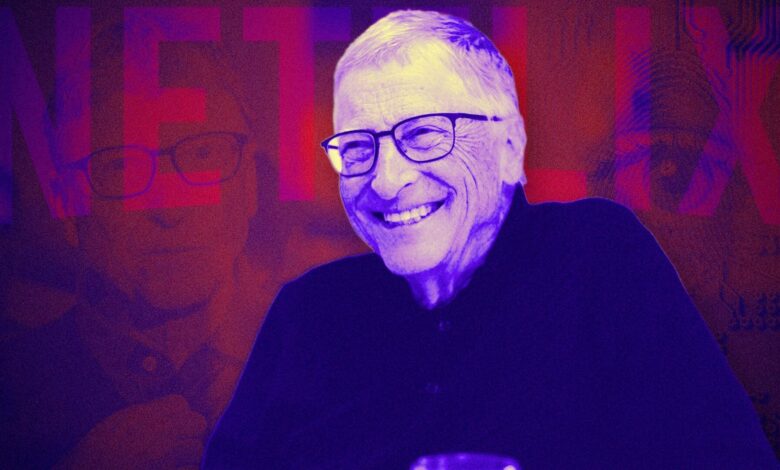
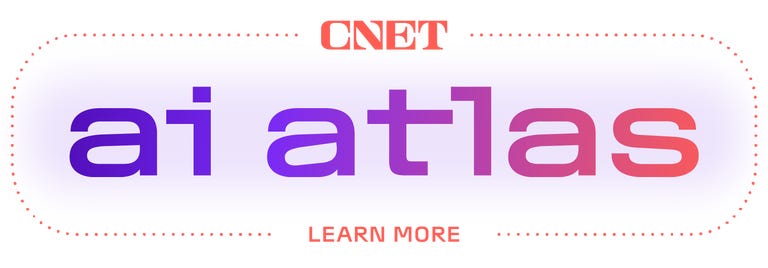
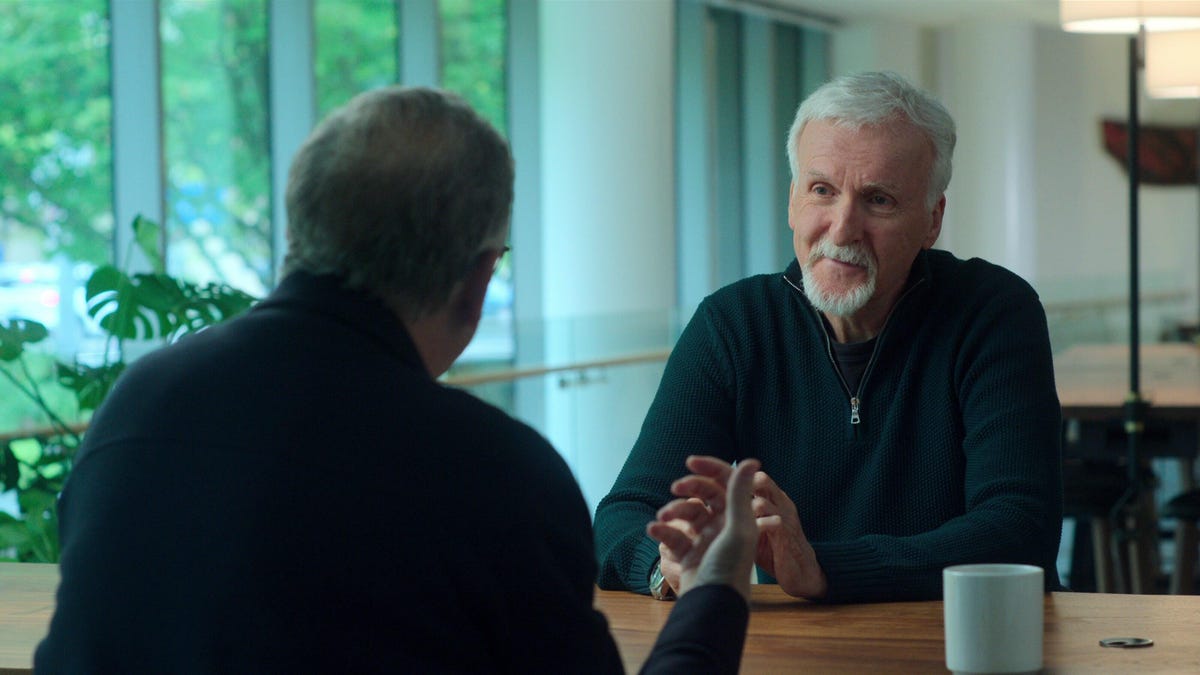
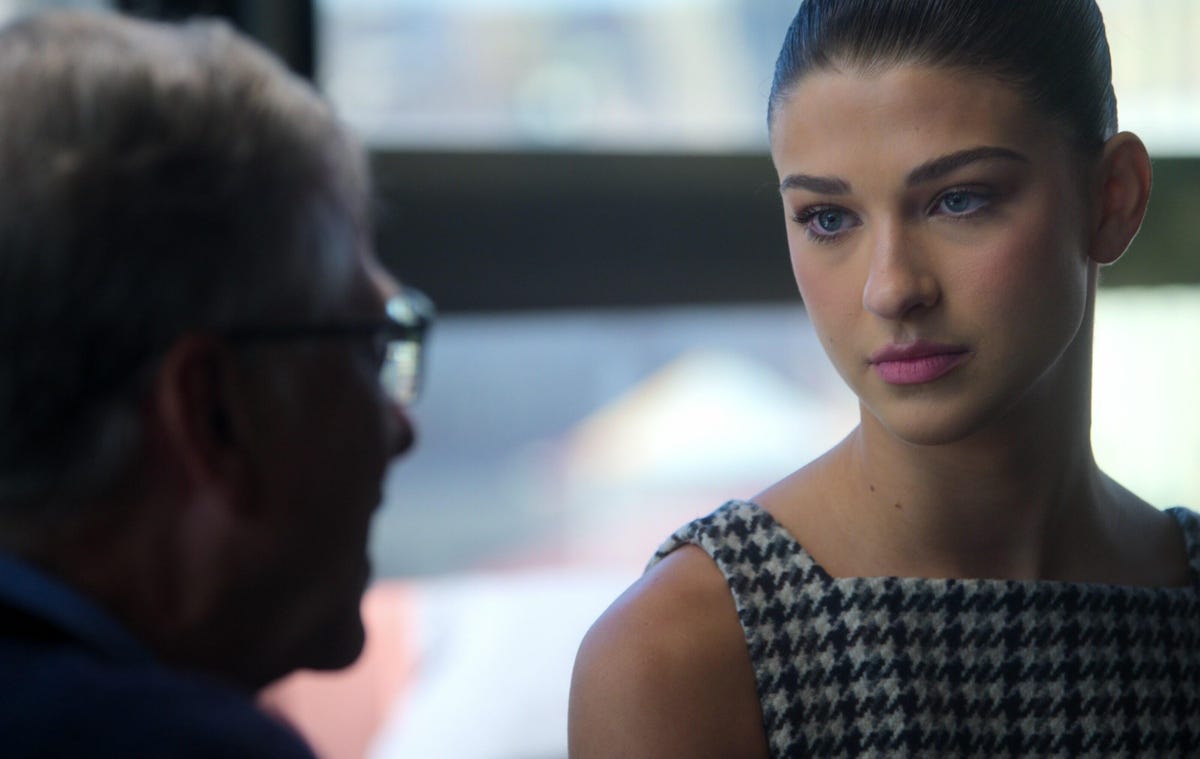
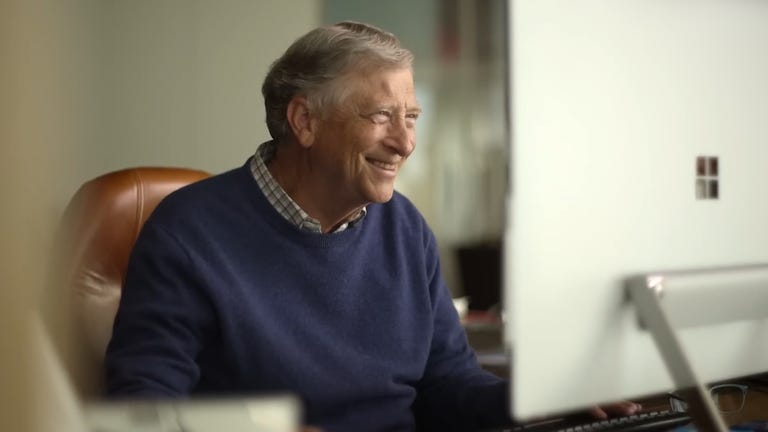
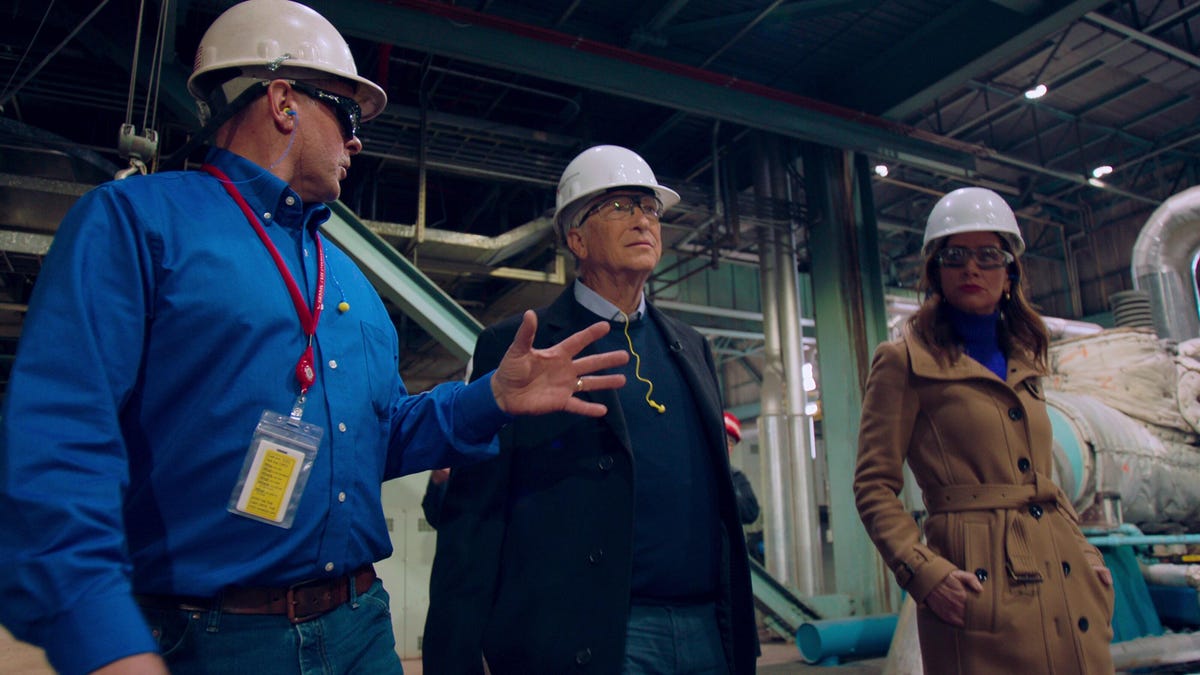
Bill Gates doesn’t believe technology experts have all the answers to how artificial intelligence will significantly impact jobs and social activities in the future, but he does believe it’s important that we all get started with AI tools. now, given the direction in which technology is moving.
“The ability to work well with AI and to take advantage of it is now more important than understanding Excel or the internet,” he told me. It’s one of the topics I discussed with him during our conversation about What’s Next? The Future with Bill Gatesa new docuseries that debuted on Netflix on September 18.
The Microsoft co-founder described it in the opening episode as “a show about our future,” and the five-part series explores multiple issues: AI, misinformation, income inequality, the climate crisis and global health. He offers a glimpse behind the scenes of a new blog post published today on GatesNotes. The doc not only highlights Gates’ perspective, but also different points of view from doctors, teachers, scientists, activists, entrepreneurs, artists like Lady Gaga and filmmaker James Cameron, and Gates’ family. The contrasting perspectives — and the discussions — gave the tech pioneer food for thought.
Five years ago, Netflix set out to give viewers a tour of Gates’ problem-solving mindset with the documentary Inside Bill’s Brain: Decoding Bill Gates. The Davis Guggenheim-directed series explored the tech innovator’s early days at Microsoft, his youth, and his philanthropic work on global health, climate change, and toilet hygiene in developing countries. Today, Gates is still trying to solve most of these problems through technology and philanthropy, but now AI has arrived.
What Bill Gates Thinks About AI and Jobs
Author Tim Urban and Greg Brockman of OpenAI are among the featured individuals in the first episode. They share their insights on ChatGPT and the evolution of AI superintelligence, while other experts weigh in on the ethics, benefits, and drawbacks of AI. At one point, New York Times journalist Kevin Roose brings up the impact of AI on jobs.
Cameron, meanwhile, raises points about how it’s become harder for him to write science fiction as technology advances more rapidly, and raises concerns about AI. He and Gates discuss its effects on people’s sense of purpose, and how Cameron has a “dystopian” view of the technology in contrast to Gates’ optimism.

I referred to Gates’ conversation with Cameron and asked him about his thoughts on the future of humans and jobs with AI. He argues that AI can help with the shortage of teachers, doctors and mental health professionals, but admits that humans need to be taken into account and that there will likely be limits.
“We don’t want to look at robots playing baseball, so where is the line where you say, ‘OK, whatever the machines can do, that’s great,’ and these other things might be very social activities, intimate things, where we keep those jobs?” he said. He explained that these conversations will continue for the next 10 to 20 years as the nature of work evolves with AI, but it’s great that discussions are happening now. Why?
“Because that’s not something that technologists can understand any better than anyone else. That really goes to the heart of religious values, philosophical values… and it’s a kind of nirvana. But are we going to manage it well? And how quickly is that going to happen?” Gates notes that this episode of the series not only looks at how the benefits of AI will dominate conversations in the coming decades, but also explores how we’re rethinking how we spend our time as the way we work changes.
That doesn’t mean people should ignore the use of AI today. As a former CEO, he would advise everyone to “use AI as a tool.” According to Gates, “it’s becoming increasingly important — whether you’re an illustrator, a programmer, a support person, a healthcare professional — the ability to work well with AI and use it to your advantage is now more important than understanding Excel or the internet.”

James Cameron voices his concerns about AI to Bill Gates in Netflix’s What’s Next? The Future with Bill Gates.
Misinformation and the Problem of Online Trust
How hard is it to find reliable information in a digital world? It’s a challenge, even for the tech-savvy team behind Gates. From conspiracy theories to deepfake images to disinformation, they keep track of what’s posted about him online. As a public figure, Gates is used to scrutiny, but some things still surprise him, like people who believe conspiracy theories and falsely attribute the start of the pandemic to him or falsely suggest he put microchips in vaccines to track people’s movements.
Although he finds it annoying to have his name monitored online, it doesn’t really bother him. In fact, he finds some of it quite funny, like the idea that he uses chips to keep tabs on people. He was even confronted about it by a woman on the street. Gates told her, “I really don’t need to follow you in particular.”
As the Netflix series tackles the topic of misinformation, the idea that social media networks and other platforms play a role in spreading truths, falsehoods, or pure entertainment comes to the fore. A group of Stanford students and experts discuss how governments, corporations, and individuals all participate in creating and spreading misinformation.
Gates’ 21-year-old daughter, Phoebe, also added some color to the topic. In a callback to a Reddit AMA Gates did years ago that sparked some conspiracy theories, she warns him about what he says and posts, and how it can quickly blow up online because of his name and public persona. To his surprise, she opened up about online harassment for promoting health issues important to her on social media. The blowback was not only linked to a surge in her followers, but also to her family’s famous last name.

In the series, Phoebe Gates talks to her father about internet culture and misinformation.
That said, Gates doesn’t have a solid solution for addressing misinformation. I asked him how we can defend against it. Ideally, there would be “systems and behaviors” to make us more aware of who created what, he said, but he believes most countries are working toward appropriate limits when it comes to addressing misinformation.
“The US is a tricky one because we have the idea of the First Amendment and what the exceptions are, like yelling ‘fire’ in a theatre,” he explained. “I think with things like deepfakes, if you’re online, over time you want to be in an environment where people are actually identified, that is, they’re connected to a real identity that you trust, rather than people just saying whatever they want.”
As viewers and avid internet users, you may be wondering who should be policing the handling of misinformation. Government agencies? Tech companies? Both? Gates doesn’t answer that question directly, but instead sees a need for some flexibility when it comes to policing misinformation, compared to the other topics highlighted in this paper that may have clearer paths to resolution.

Check this out: The Future According to Bill Gates: We Talked to the Tech Giant About AI, Disinformation, and More
Making progress on climate change
Two things stand out during an episode about global warming: Gates’ mention of technologies that are currently “on the shelf” and skepticism from some of the younger climate activists he meets. In the episode, Gates says he learns from them, just like the scientists.
While clean tech efforts are growing, there are concerns that things aren’t moving fast enough. Government policy and scale are factors when it comes to progress. So what technology is available now?
Gates told me that new innovation is needed for industries like steel and cement production, and his Breakthrough Energy venture is part of the funding for those projects. “There are other areas, like food products, that have a low carbon footprint where we just need to create awareness,” Gates said. He explained that as people drive demand, it will help drive more innovation while also reducing the additional costs (the green premium) associated with buying things like electric heat pumps and vehicles or solar panels.
As a developed country, the U.S. — and its consumers — can support efforts to increase demand and innovation. “Wealthy countries need to drive those markets, and then you end up with price points that you can bring to the middle-income countries where 65 percent of our planet lives and say to the consumers there that this is affordable for them,” Gates said. He said getting wealthier consumers who support the cause to buy these products is part of the path to global acceptance.
Another aspect is policy, an area where Breakthrough Energy has exerted its influence. The organization served in an advisory role on the U.S. Inflation Reduction Act of 2022, a piece of climate legislation that Gates said “provides tax credits for existing and emerging technologies to accelerate their deployment.”
In the docuseries, viewers learn about the venture capital firm’s current investments and what it’s doing in areas such as nuclear power, food waste and construction. Is it enough to satisfy the young activists challenging Gates on climate change? Does he think we’ll reach the goal of cutting carbon emissions by 2050? Maybe — or maybe not.
“We are not meeting the high expectations of the activists, including staying below 1.5 degrees [Celsius]”target for limiting the rise in global temperatures, Gates said. “We’re making enough progress that people don’t need to despair. That is, we need to keep working on this.”

Bill Gates at the TerraPower plant, one of the nuclear energy projects his company has invested in.
What else can you expect from the Netflix docuseries?
You’ll have to stream the entire series to hear more from Gates and leading experts, public figures, and everyday people on every topic and its myriad challenges, including a dive into income inequality and infectious disease. One cause that’s important to the Gates Foundation is global health, and the series finale is one that Gates is eager for viewers to absorb.
“I’ll be disappointed if the global health issue doesn’t get a lot of viewers,” he says, laughing. “Because of my time and resources, like climate, that’s what I work on the most and keep visible — like malaria deaths, which is a big focus, the 500,000 children a year who die from that. I’m trying to be smarter about how we make sure that everybody cares about that, so that the rich countries stay involved in helping.”




